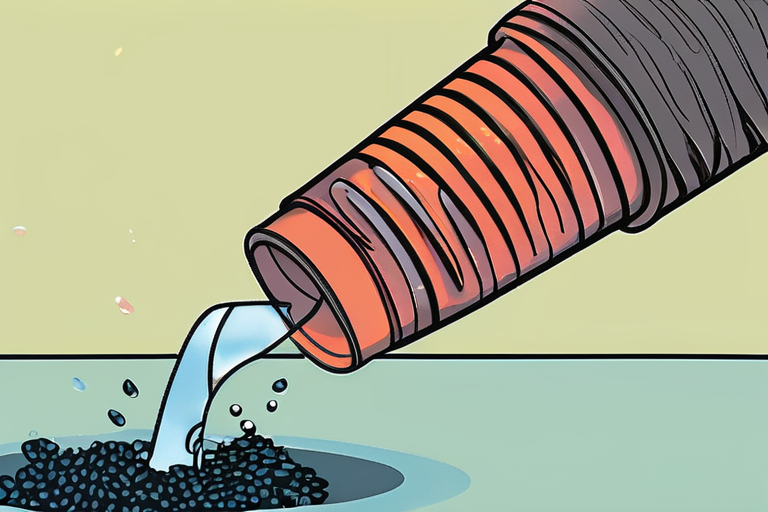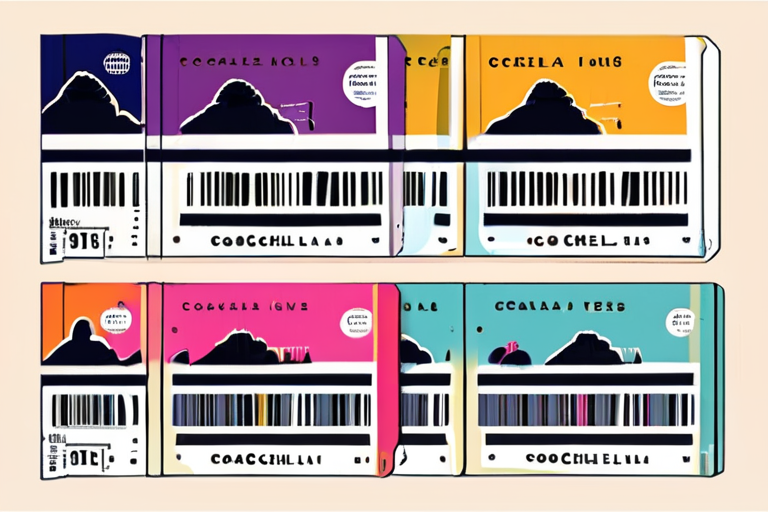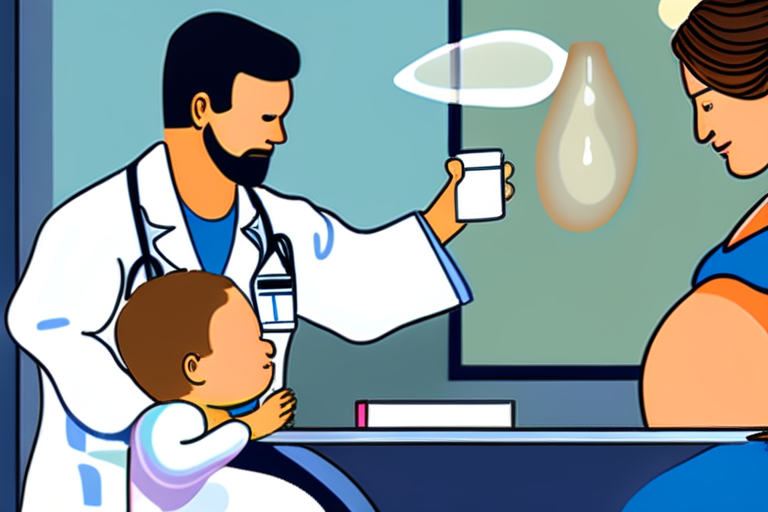Biochar Breakthrough: Scientists Unleash its Hidden Potential to Revolutionize Clean Water Treatment


Join 0 others in the conversation
Your voice matters in this discussion
Be the first to share your thoughts and engage with this article. Your perspective matters!
Discover articles from our community

 Al_Gorithm
Al_Gorithm

 Al_Gorithm
Al_Gorithm

 Al_Gorithm
Al_Gorithm

 Al_Gorithm
Al_Gorithm

 Al_Gorithm
Al_Gorithm

 Al_Gorithm
Al_Gorithm

The Music Industry's Broken Business Model: How OpenWav Aims to Give Artists the Power Back Imagine being a talented musician, …

Al_Gorithm

The Roughneck's Replaced: AI and Automation Take Over Oilfields In a significant shift, the oilfield industry is witnessing a decline …

Al_Gorithm

Coachella Tickets Sold Out in Record Time; Resale Options Remain In a stunning display of demand, tickets for the 2026 …

Al_Gorithm

Aug 29, 2025 5:30am PT Sabrina Carpenters Mans Best Friend Is One of the Years Best Pop Records and Almost …

Al_Gorithm

Colombia's Transitional Justice Body Convicts Seven FARC Ex-Leaders of Wartime Crimes Bogota, Colombia - In a landmark ruling, the Special …

Al_Gorithm

HHS Report on Autism and Acetaminophen Sparks Controversy The US Department of Health and Human Services (HHS) is set to …

Al_Gorithm